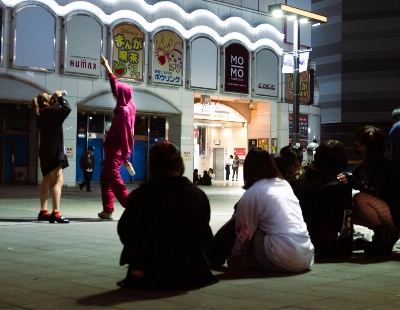In the year since the violent, military-backed overthrow of Prime Minister Sheikh Hasina’s government, Bangladesh has descended into chaos. The economy is reeling, radical Islamist forces are gaining ground, young people are becoming increasingly radicalized, lawlessness is taking hold and religious and ethnic minorities are under siege. The country’s future has never looked bleaker.
Many had hoped that Hasina’s ouster would open the way for Bangladesh to transition to democracy following an authoritarian lurch under the “iron lady.” After all, they reasoned, it was a student-led uprising that toppled her regime. But this narrative downplayed the decisive role of the powerful military, which had long chafed under Hasina’s attempts to curb its influence and ultimately forced her into exile in India. Similarly, Islamist forces — who provided much of the muscle behind the student protests — viewed her overthrow as an opportunity to end the marginalization they faced under her secular rule.
The illusory promise of Hasina’s overthrow was further enhanced by the installation of Muhammad Yunus — the 2006 Nobel Peace Prize laureate celebrated as a savior of the poor for pioneering microcredit through his Grameen Bank — as the nominal head of the interim government. But, again, the headline misrepresents reality.



















With your current subscription plan you can comment on stories. However, before writing your first comment, please create a display name in the Profile section of your subscriber account page.